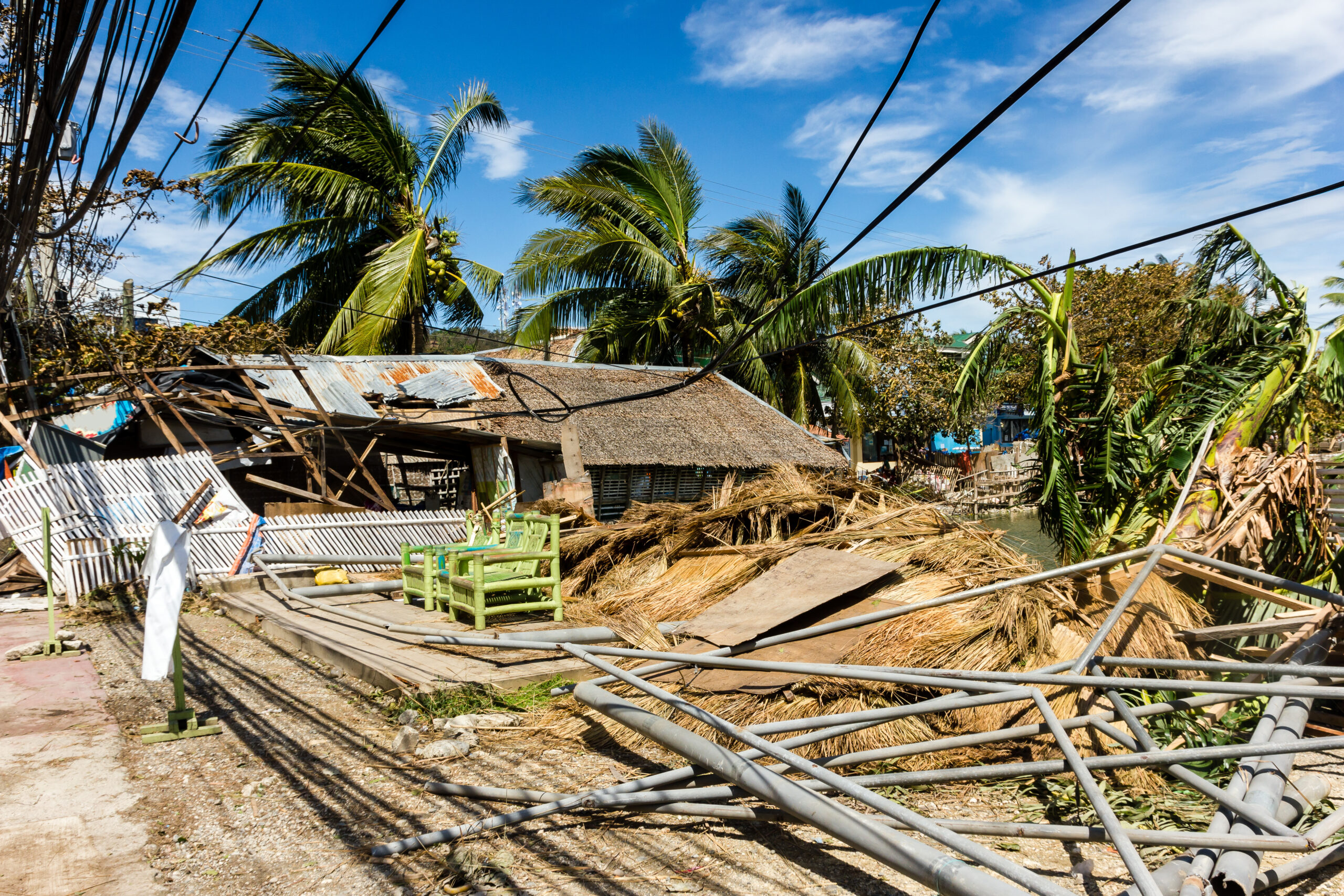Are you ready for winter weather’s challenges to your insurance claims? Winter storms and floods can leave you feeling overwhelmed and needing help navigating the claims process. That’s why educating yourself on the ins and outs of winter weather claims is crucial.
This article will provide valuable tips to help you understand and navigate the complexities of winter weather-related claims. From understanding your policy to negotiating with adjusters, we’ve got you covered.
Understanding Your Insurance Policy
Know the coverage limitations of your insurance policy. Understanding your insurance policy is crucial when protecting your property from winter-related risks.
Knowing what your insurance will cover and how much it will pay for repairs is essential. Freezing temperatures can lead to frozen pipes, which can burst and cause extensive damage.
Additionally, heavy snowfall can weigh down trees, causing them to fall and potentially damage your property. By understanding your insurance policy, you’ll be better prepared to handle these situations and file an insurance claim if necessary.
Familiarize yourself with the claim process and gather all necessary documentation, such as repair estimates and receipts. Being knowledgeable about your insurance policy will help ensure a smoother claims experience.
Protecting Your Property
To protect your property from winter damage, take measures to safeguard it. Winter storms can cause significant property damage, so being prepared is essential.
Here are three steps you can take to protect your property:
Review your homeowner’s insurance: Understand your insurance coverage and your policy’s limitations. Ensure you have adequate coverage for potential winter storm damage, such as water damage, wind damage, mold damage, burst pipes, and roof damage.
Prevent damage: Take proactive measures to prevent damage from winter storms and floods. Insulate pipes, trim trees near your property, and secure loose objects that could become projectiles in high winds. Clear snow and ice from walkways to prevent slips and falls.
Document the damage: If your property does sustain damage, document it thoroughly. Take clear and comprehensive photographs of the damage and gather all necessary paperwork, such as repair estimates and receipts. This documentation will be crucial when filing a claim with your insurance company.
Initiating Winter Weather Claims
When initiating winter claims, familiarize yourself with the process and understand the steps involved in starting a claim.
Winter weather-related claims, such as damage caused by hazardous road conditions or falling tree limbs, can lead to emergencies that require immediate action. To begin the process, contact your insurance agent and provide them with detailed information about the damage you have experienced.
Be prepared to provide evidence, such as photographs and videos, to support your claim. Insurance companies will determine the payment amount based on their calculations and policies.
Gathering all necessary paperwork, such as repair estimates and receipts, is essential to present to the insurance company.
Negotiating With Insurance Adjusters
Effective communication and clear evidence are vital to maximizing your winter weather claim when negotiating with insurance adjusters. To ensure a successful negotiation, follow these tips:
Provide detailed documentation:
Gather evidence of the damage caused by winter storms, such as structural damage, pipe bursts, or broken pipes. Take clear photographs and videos of the affected areas and any visible signs of heavy snow, slippery roads, icy conditions, or extreme winter weather.
Communicate your needs clearly:
Clearly explain the extent of the damage and the impact it has had on your property, such as loss of heat due to power outages. Use specific details and supporting documentation to strengthen your case, such as repair estimates and receipts.
Understand policy limits:
Familiarize yourself with the limitations of your insurance policy. Be aware of any coverage exclusions or maximum amounts your insurance will pay. This knowledge will help you negotiate for a fair settlement.
Handling Legal Aspects of Winter Weather Claims
If you’re dealing with legal aspects in your winter weather claim, it’s essential to understand the potential challenges and take proactive measures to protect your rights.
One of the first steps is to inform your insurance company about the collision or damage caused by the winter weather.
Reviewing your insurance policy to determine if you have comprehensive coverage that includes damage from water or ice forms is crucial.
For homeowners’ insurance policies, it’s essential to assess if the repair costs for any physical damages caused by winter weather are covered.
Additionally, ensure that your vehicle has winter tires installed to reduce the risk of accidents and potential liability.
If you encounter any legal hurdles during the claims process, seek professional guidance to navigate the complexities of winter weather claims.
Frequently Asked Questions
What Should I Do if My Insurance Policy Does Not Cover Winter Weather Claims?
You should evaluate your options if your insurance policy doesn’t cover winter weather-related damages. Consider seeking additional coverage or exploring alternative solutions. Consult with a professional to understand your rights and find the best action.
Are There Any Specific Steps I Should Take to Prevent Damage From Ice Dams?
To prevent damage from ice dams, take these steps: 1) Insulate your attic to keep it cool. 2) Clear snow from your roof. 3) Use a roof rake to remove ice and snow. 4) Install heat cables to melt ice.
How Long Does the Claim Process Typically Take for Winter Weather Claims?
The claim process for winter weather-related damages typically takes several weeks. You should contact your insurance company promptly, gather necessary evidence, and be prepared for potential delays. Staying proactive and communicating with your adjuster throughout the process is essential.
Can I Dispute the Payment Amount Determined by the Insurance Company?
Yes, you can dispute the payment amount determined by the insurance company. Gather evidence to support your claim, communicate effectively with the adjuster, and consider seeking professional guidance to navigate the dispute process.
What Are the Potential Legal Ramifications if I Need to Properly Document and Report Winter Weather Claims?
You may face potential legal ramifications if you don’t properly document and report winter weather-related damages. It’s crucial to gather evidence, file a claim, and protect your rights to avoid complications in the future.
Conclusion
In conclusion, you can confidently navigate the claim process by educating yourself on the complexities of winter weather-related claims, proactively protecting your property, and gathering evidence.
Understanding your insurance policy, effectively negotiating with insurance adjusters, and handling any legal aspects that may arise will ensure that your rights are protected and that you receive the maximum compensation you deserve for any winter weather damages.
Stay informed and prepared to overcome the challenges winter weather can bring to your insurance claims with BSA Claims.






